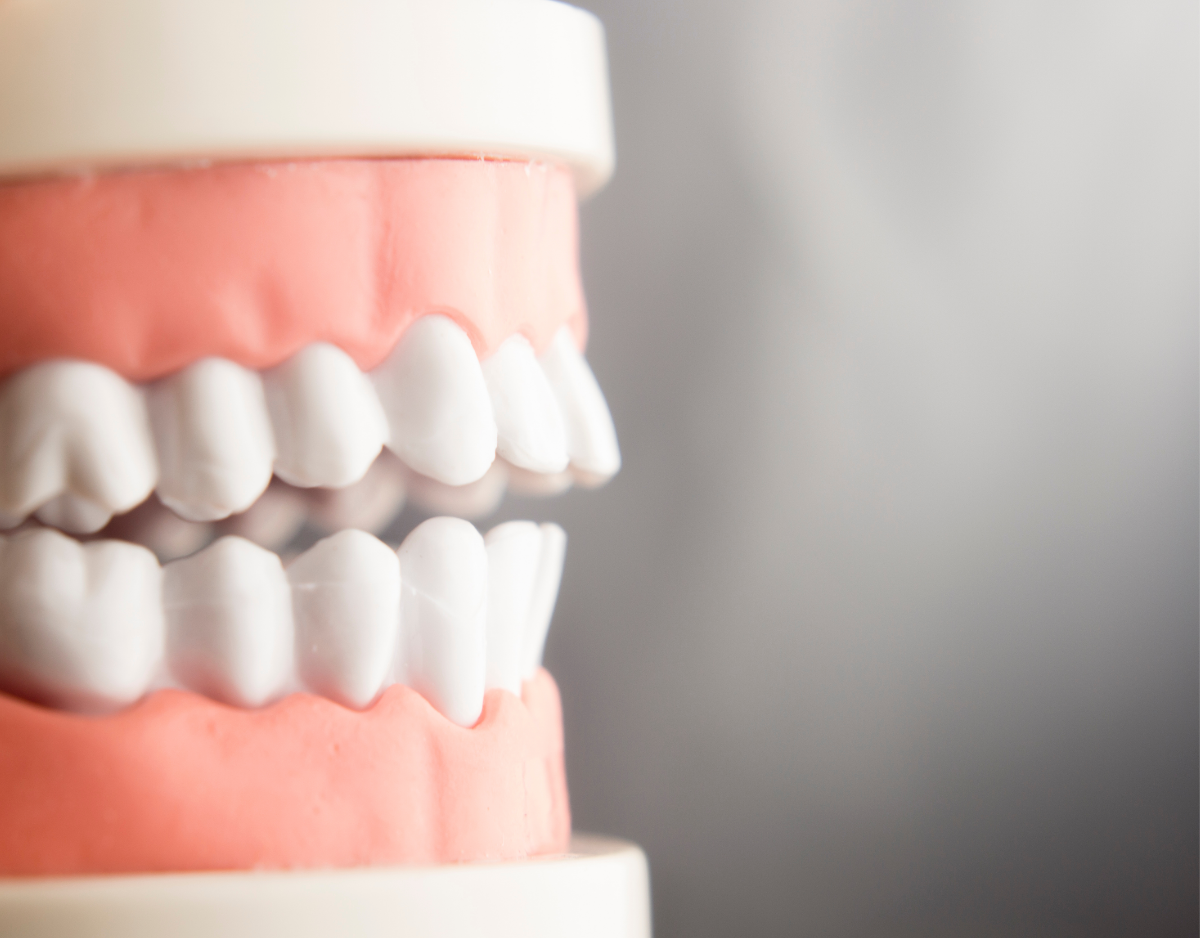Have you ever wondered what your dentist is doing when they’re poking around your teeth and calling out numbers to your dental hygienist? They’re checking for gum recession. Also known as receding gums, gum recession is an oral condition where the gum tissue pulls away from the teeth. Normally your gums sit nice and tight around the teeth. But when the gums recede, pockets form along the gum line, allowing a buildup of plaque and bacteria. If this problem is left untreated, gum recession can lead to exposed tooth roots, leading to tooth sensitivity and even tooth loss.
Why Are My Gums Receding?
The most obvious cause of receding gums is a lack of good oral hygiene. Daily brushing and flossing is the best way to keep your teeth and gums healthy and avoid periodontal disease. But there are causes that contribute to receding gums. Brushing your teeth too forcefully can lead to gum recession, as can smoking or using chewing tobacco. Teeth grinding and clenching puts a ton of pressure. While these behaviors are within your control, there are other factors that aren’t. Some people are simply born with gum tissue that is weaker than normal. If you have prominent tooth roots or muscle attachments, this can be a cause of gum recession. Hormonal changes can also wreak havoc on your oral health. If you wear dentures, your dentist should make sure that they fit correctly, as this can also lead to problems.
When Should I Worry About Receding Gums?
If you start to notice symptoms, then it’s time to worry. Receding gums tend to develop over time, so be on the lookout for clues. One of the first things you will notice is something called long teeth. Periodontal disease causes gums to become inflamed. This inflammation is what can cause your gums to recede. When this happens, the teeth appear to become longer. This is often the first sign of mild gum recession. When gum recession occurs, it can also lead to exposed roots which can be very painful. If these symptoms are further ignored, periodontal disease can become so severe that teeth become loose. Don’t let it get that far! You should always visit your dentist at the first sign of gum disease. They will be able to give you the medical advice, diagnosis, or treatment needed to prevent further damage.
How Do You Fix Receding Gums?
Treatment for receding gum tissue is different based on the root cause of the disease. If it’s caused by gum disease, your dentist will usually start by giving your teeth a good deep cleaning. After the dental cleaning, they will scale your teeth to remove the buildup of plaque and tartar. Often times, this will be enough to let your gums start to heal, and help give you a fresh start to begin taking better care of your teeth. Good oral health care at home includes brushing twice a day with a soft-bristled toothbrush, make sure to reach your back molars. Also, make sure you aren’t brushing too hard because that will help prevent your gums from receding. Ill-fitting dentures can also cause your gums to wear away. Your dentist can make adjustments to prevent gum tissue from
Can Receding Gums Grow Back?
Unfortunately, the tissue will not grow back once gums have receded. If your gums are severely receded, your dentist may recommend surgery. Gum graft surgery relocates tissue from one part of the mouth to cover exposed roots in another area. This can prevent supporting bone loss and potentially save the tooth. A new technique is available, called pinhole surgery. This procedure requires making a tiny hole in the gum above an exposed tooth root. The tissue is separated from the tooth and pulled down to stretch the tissue back over any exposed roots. This procedure is much less invasive than others and has proved very successful in preventing bone and tissue loss.
Receding Gums Is a Warning Sign
Any sign of receding gums is a sign that something is amiss. It’s very important to identify what is causing your gums to recede so you can reverse the damage before you suffer any tooth loss. But as with most dental problems, prevention is key. Poor oral health will cause plaque and bacteria to build up in the mouth causing all sorts of problems. Brush your teeth, make sure to floss, and make an appointment to visit us regularly. Our dentists will identify any issues and provide treatment to the affected area before it gets out of hand.
